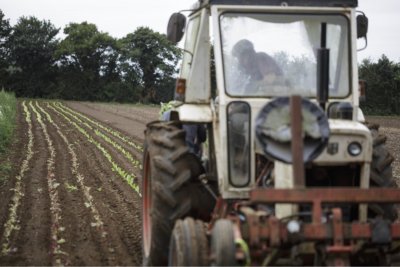Philip Lymbery, Chief Executive of the farm animal welfare organisation Compassion in World Farming, has called on Scottish salmon farmers to discontinue the use of an 'inhumane' procedure for treating lice infestations.
The 'thermolicer' procedure involves pumping the fish, which are used to the cold coastal waters of Scotland, into heated water and then dumping them back into their seawater cages. Salmon would never normally experience such sudden temperature changes, and the shock and rough handling involved have caused large numbers of fatalities.
Parasitic sea lice are one of the biggest problems on intensive salmon farms, where they eat away the skin and scales of the fish. Wild salmon get rid of the lice naturally, because they drop off when the fish migrate into freshwater. Mature wild salmon also have a covering of mucus that repels the lice. But according to Sustain member CIWF, parasite infestation is inevitable when so many fish are crammed in a confined space.
Read the full story on the CIWF website
here, and find out more about Sustain's campaigning work for a greener, fairer food system
here.
Published Friday 18 November 2016
Sustain: Sustain The alliance for better food and farming advocates food and agriculture policies and practices that enhance the health and welfare of people and animals, improve the working and living environment, enrich society and culture and promote equity.





